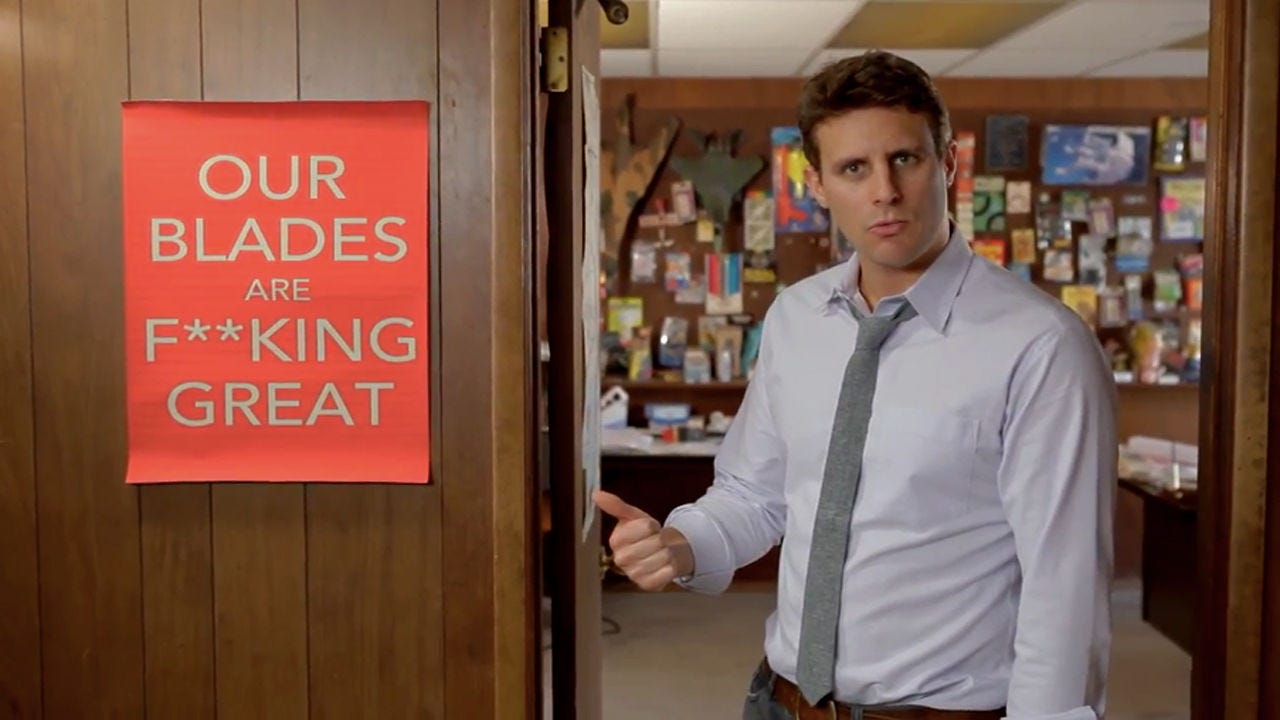Dollar Shave Club sells to Unilever for $1bn in push to go global


Dollar Shave Club CEO Mike Dubin
Dollar Shave Club, the online razor purveyor and viral marketing extraordinaire, has sold itself to consumer products giant Unilever in a deal worth an estimated $1 billion.
Featured
Aside from the price tag, the deal makes a lot of sense for Dollar Shave Club. The Venice, Calif.-based company has amassed more than 3.2-million members and an estimated $240m in revenue for 2016 through its array of tongue-in-cheek advertising and low-cost grooming supplies.
On the technology side, Dollar Shave Club employs a team of 45 engineers who have in-house built almost the entirety of the company's IT software and platforms. Speaking to ZDNet earlier this month, Kevin Datoo, Dollar Shave Club's COO, said the engineering focus has been key to helping the company scale and manage its rapid growth over the past four years.
Now, with Unilever, Dollar Shave Club will look to scale even further. The company's direct-to-consumer products currently are sold in just three countries, but with the help of Unilever's distribution ops, the Dollar Shave Club brand can go global. The startup could also score better deals on product manufacturing and worldwide advertising.
Dollar Shave Club founder and CEO Michael Dubin will continue to lead the company, which will operate as an independent entity within Unilever.
For Unilever, the deal marks the conglomerate's first foray into the razor market, which sets it up to compete against rival Procter & Gamble, owners of Gillette, for a slice of the lucrative razor blade industry.
The deal is also noteworthy for Unilever, because it's a traditional company that is snapping up a startup with a model built completely on ecommerce. It's a striking (yet necessary) move for a legacy brand, and one that could signal a shift in mindset for how to successfully reach consumers in the massive online shopping landscape.